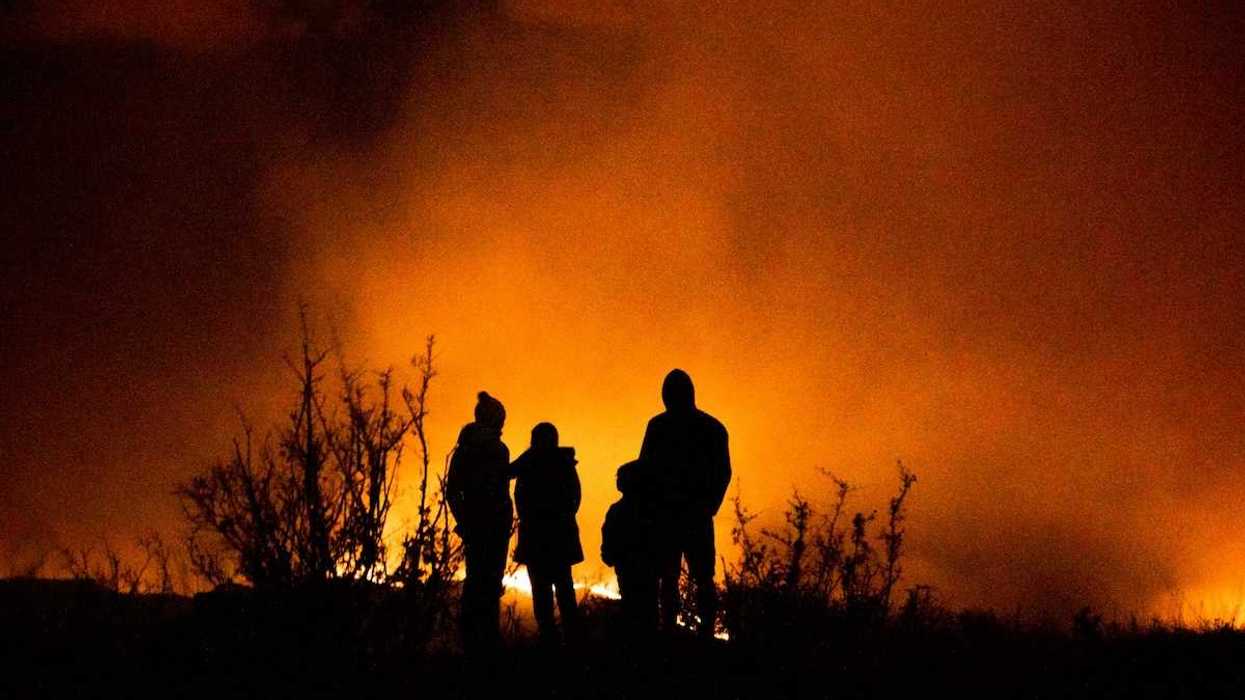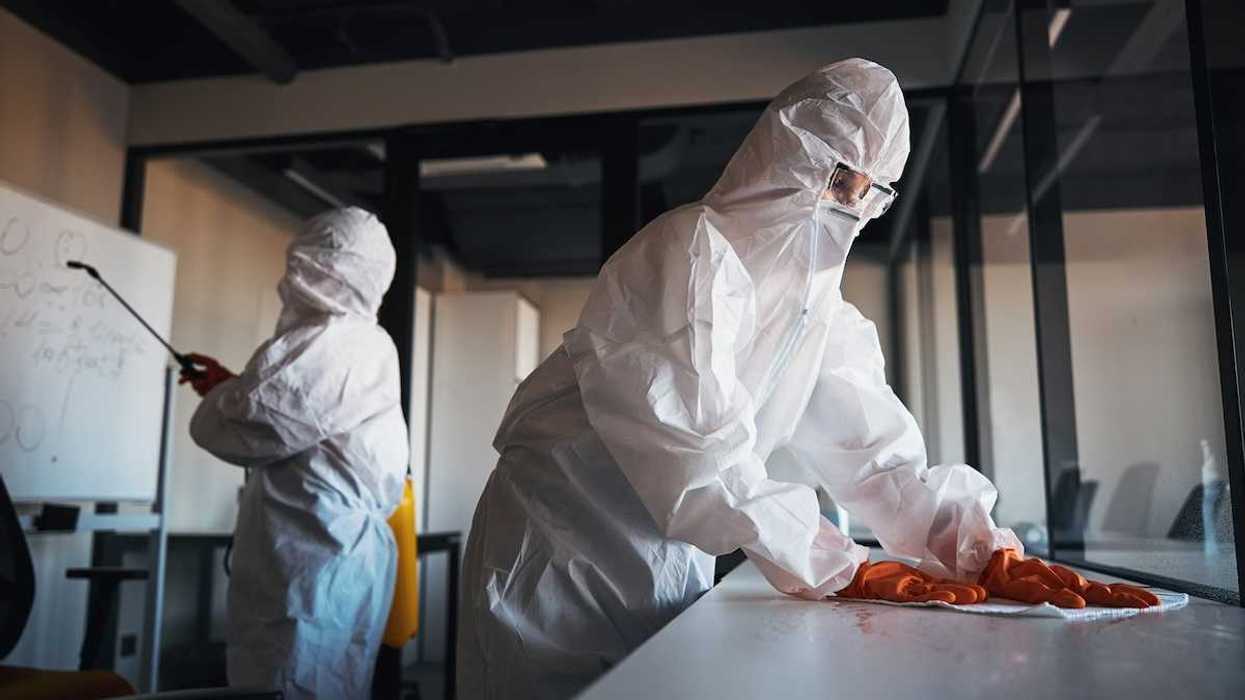A Milwaukee child’s lead poisoning sparked a citywide investigation into school buildings, only to be complicated by sweeping federal layoffs that dismantled the Centers for Disease Control and Prevention's expert lead team.
Brenda Goodman reports for CNN.
In short:
- After discovering high blood lead levels in a student, Milwaukee officials launched inspections that uncovered widespread lead hazards in aging school buildings.
- The city’s health commissioner had partnered with CDC lead experts to coordinate screenings, but that support vanished after the agency abruptly eliminated its lead division in massive job cuts.
- With the CDC’s local support withdrawn, Milwaukee's ability to test and protect vulnerable students is now in question, especially as three schools remain closed for cleanup.
Key quote:
“We no longer have lead experts.”
— Unnamed CDC employee
Why this matters:
Lead remains one of the most dangerous environmental toxins, particularly for children, who absorb it more readily than adults. Even low levels of exposure can damage brain development and lead to lifelong issues with learning and behavior. Milwaukee’s experience highlights how fragile public health infrastructure can be, especially when federal agencies scale back their support. With many school buildings across the country built before the 1978 lead paint ban, the threat extends far beyond Wisconsin. As public health departments lose staff and resources, the local capacity to respond to hazards like lead poisoning weakens, leaving the most vulnerable — often low-income children — at greater risk.
Related:














